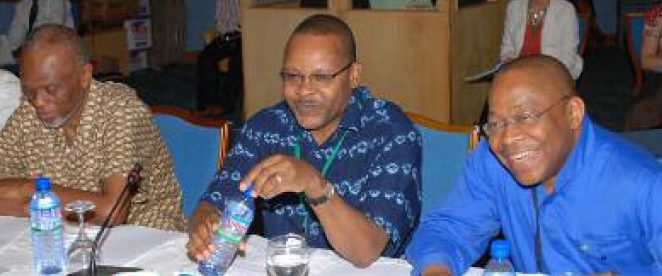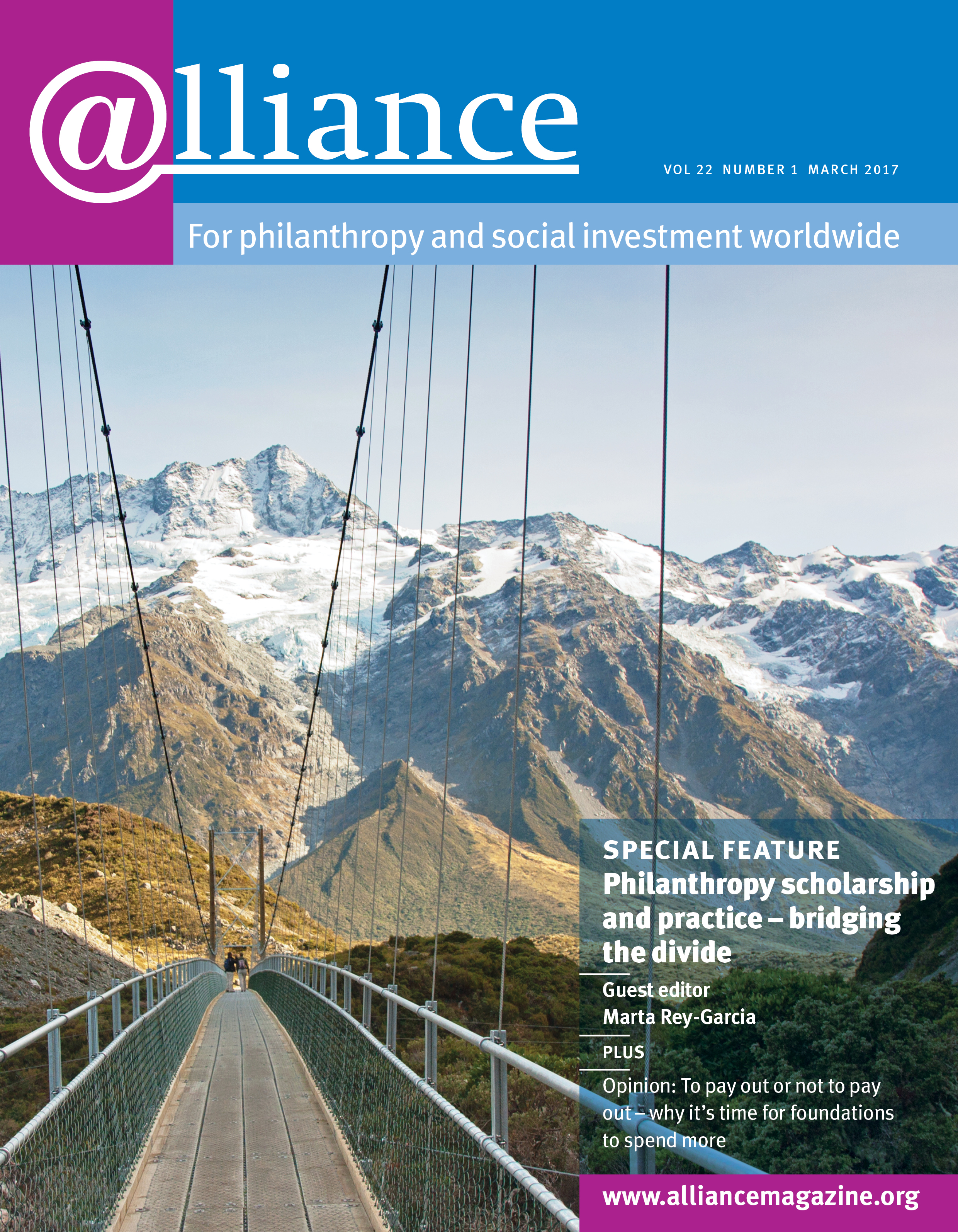‘Good programme officers think about where the foundation has been and what it wants to do… it is invaluable to have knowledge of the past,’ says Geri Mannion, programme director at Carnegie Corporation of New York. While foundation officers might have neither the time nor inclination to work with primary source material, they can benefit from the interpretative work done by independent historians and archival staff.
Several examples illuminate the usefulness of historical understanding. When the Ford Foundation, Carnegie Corporation, and the Rockefeller Brothers Fund collaborated with South African partners in the 1970s to build the field of public interest law to combat apartheid, they drew on their past successes in the US.
There, they had taken a three-pronged approach of supporting legal education for African Americans, creating public interest law firms, and funding non-profit advocacy groups that tackled civil rights legislation. With advice from South African colleagues, the foundations supported a similar approach in that country, funding South African universities to train black lawyers, helping establish a public interest law firm, and building the legal advocacy capacity of non-governmental organizations. These strategies aimed to use the law itself to weaken the conditions of apartheid.
In 2000, vice chancellors of six African universities joined with the Rockefeller, Ford and MacArthur Foundations and Carnegie Corporation to help strengthen African universities. They drew on the knowledge gained both from seven decades of foundation efforts in this area and from independent historical studies of that work.

Aki Sawyer (former AAU secretary general), Peter Materu (World Bank), and Tade Aina (Carnegie Corporation) engaged in University Leaders’ Forum proceedings.
Specifically, they learned that failure resulted both when university leadership was not involved from the beginning, and when university strategic plans were not used to guide foundation grantmaking. The resulting ten-year Partnership for Higher Education in Africa embraced this lesson and largely avoided failure. Many of the programmes are still thriving.
In 2013, the Ford Foundation selected a new president, Darren Walker, and charged him with retooling strategies for the future. One of Walker’s first actions was to turn to the historical record that had been compiled by foundation staff since the foundation’s beginning in 1936. Walker sought independent analyses of those records from a team of scholars and archivists. These historical studies provided strategic guidance for the planning of new initiatives.
Effective grantmaking requires access to pertinent historical records paired with the commitment of leadership and staff to learn from those records and use that learning to inform new actions.
His comment in an interview published by Philanthropy News Digest in 2014 underscores the value he places on history: ‘Times, as we all know, change, and all organizations need to evolve to be current. I look forward to reviewing our strategies and programmes in light of both today’s challenges and opportunities. But as I indicated, I begin by looking at our history and learning from our past.’
While a programme officer at the Twentieth Century Fund, James Allen Smith, now vice president and director of research and education at the Rockefeller Archive Center, advised the fund’s leadership about new directions.
He did so by ‘employing historical and archival instincts, turning to informal oral history opportunities, drawing on that historical literature about progressive era institutions’. It was what he referred to as ‘a practical, immediate use of the historian’s skills, instincts and temperament’.
Drawing on the experience of seasoned foundation leaders and insightful scholars, the conclusion is clear. Effective grantmaking requires access to pertinent historical records paired with the commitment of leadership and staff to learn from those records and use that learning to inform new actions.
Patricia Rosenfield is senior fellow at the Rockefeller Archive Center (RAC), New York. Email prosenfield@rockarch.org




Comments (0)